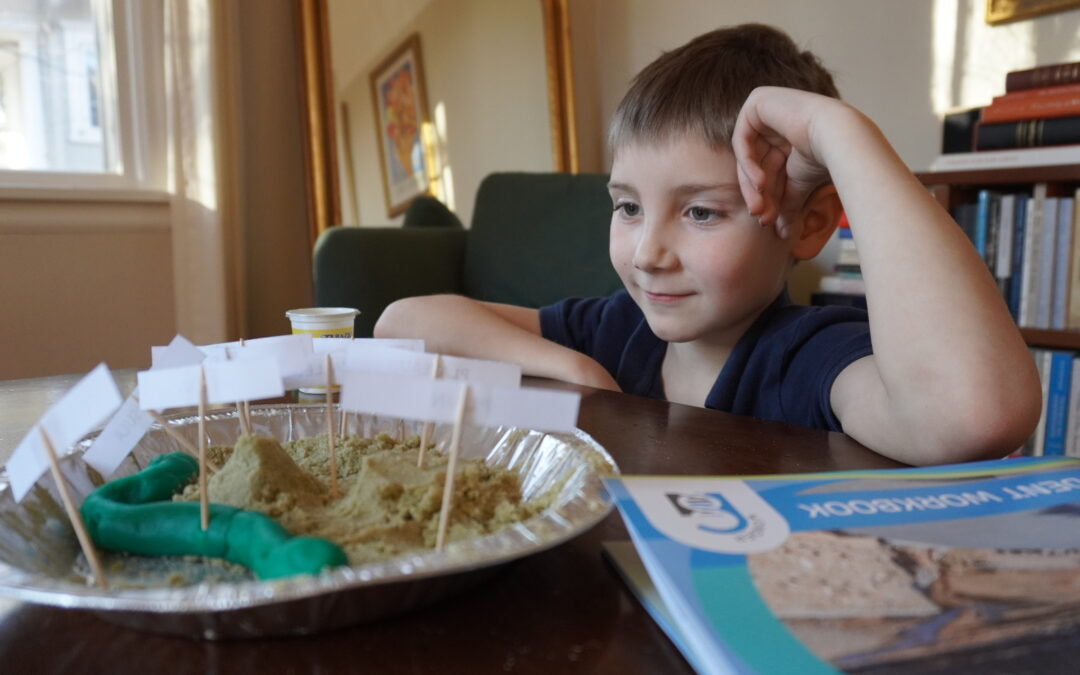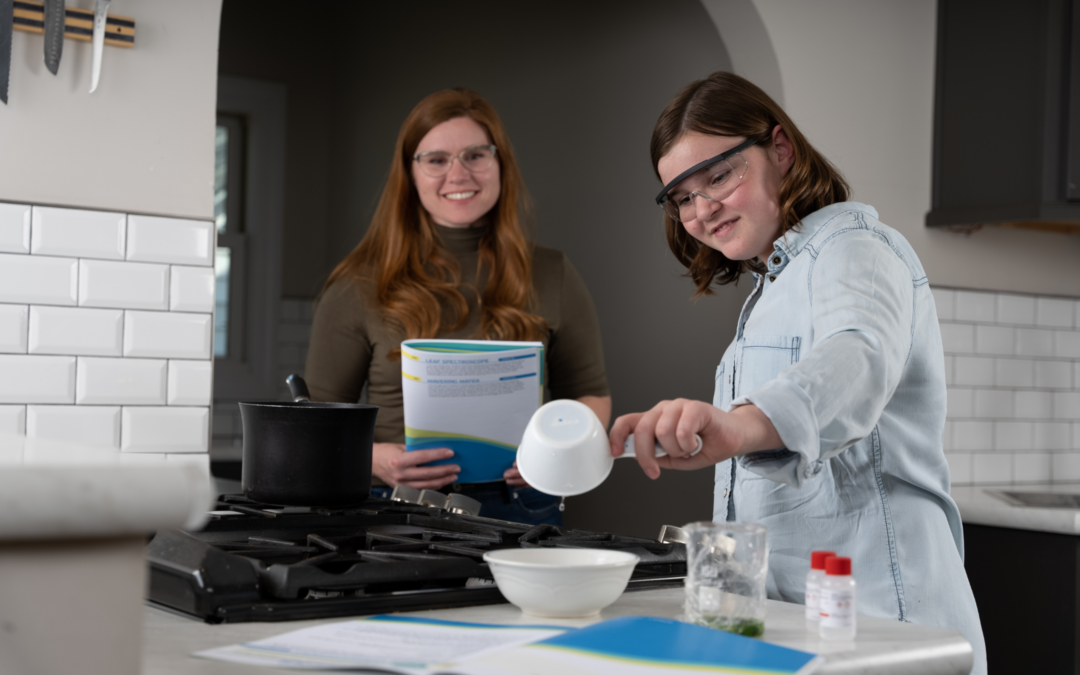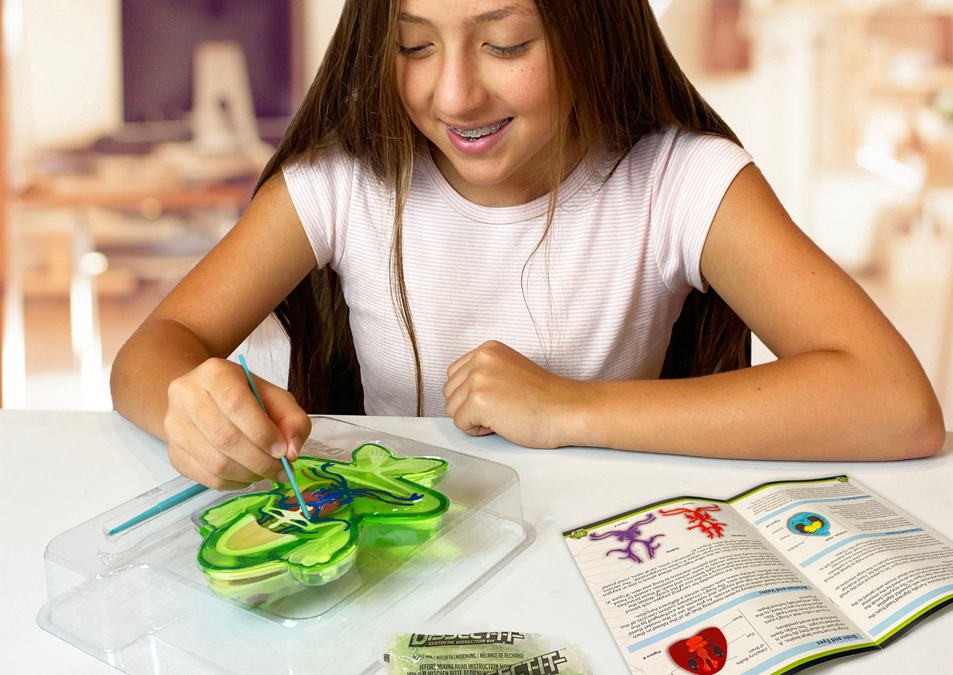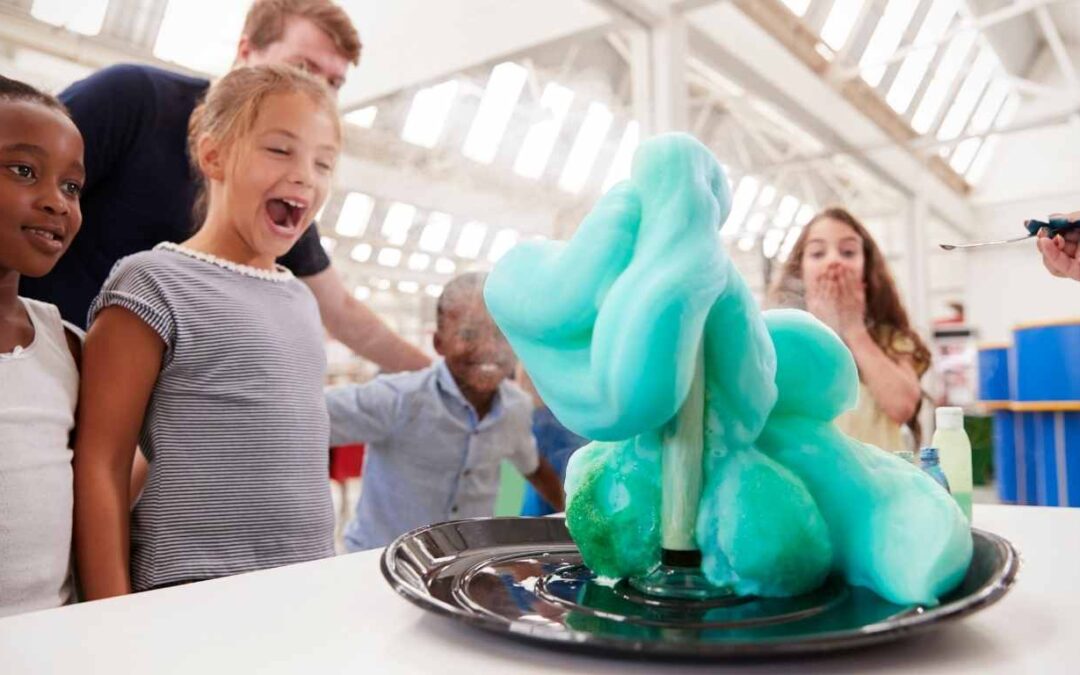How do you fit science in to your daily homeschool schedule? If you’re like most moms, you get swept away by music lessons, karate class, and other extra-curriculars. It’s easy to say “let’s wait until next week to do that experiment.” Here are some reasons science at home is easy, yet impactful!
There are five reasons why you shouldn’t let other things get in the way of science at home.
1. Science Encourages Creativity
Experimenting requires trial and error. Kids learn that if something doesn’t work the first time, try it again. Giving them room to try new ideas fosters creativity and resourcefulness. Science is a study that starts with a question. Answers are not given right away; instead, students search them out.
2. Science Develops Analytical Thinking Skills
To analyze something means to look closer, or examine. Science does that by having students make observations. They can later predict an outcome or form a conclusion based on what they see. Students can learn problem-solving and other skills through the Scientific Method.
3. Science Improves Communication Skills
Writing:
Keeping a science notebook can develop organization in student writing. Give them a specific model–for example, have students write their own procedure for doing an experiment. This way they will learn to write in a clear and well-developed way.
Reading:
Following instructions is important when doing a dissection or chemistry experiment. Students will have to learn to read each detail of a procedure or lab manual.
Verbal Skills:
Science is also an opportunity to work with others. Your children will learn to communicate ideas in a respectful way, and set a common goal.
4. Science Develops a Love of Learning
When you discover something on your own, that thing has power. It resonates inside you, nurturing possibilities and opening doors. By seeking answers scientists learn to pursue knowledge. Becoming a self-taught or independent learner is a lifelong process. Once you have caught the love of learning it never goes away.
5. Science Broadens Our Perspective
Science changes how you see other subjects, including art and music. Someone may examine works of art with more interest after studying how our eyes see color. Students may notice the variety of tones in orchestra instruments after studying sound waves.
An understanding of science can also add interest to everyday activities like taking a walk, or shoveling snow. Science explains the world around us. But through the explanation, we delight and wonder.

Where do I start?
If you want your child to see the world in a new way, carve out time each week to study Biology, Chemistry, Physics, or Earth Science.
These skills are progressive. They start developing at a young age, and can be grown as your child grows.
Now that you see the importance of teaching science at home, find practical ways of including it into your busy school day.
Read more: 13 Ways to Teach Science at Home





